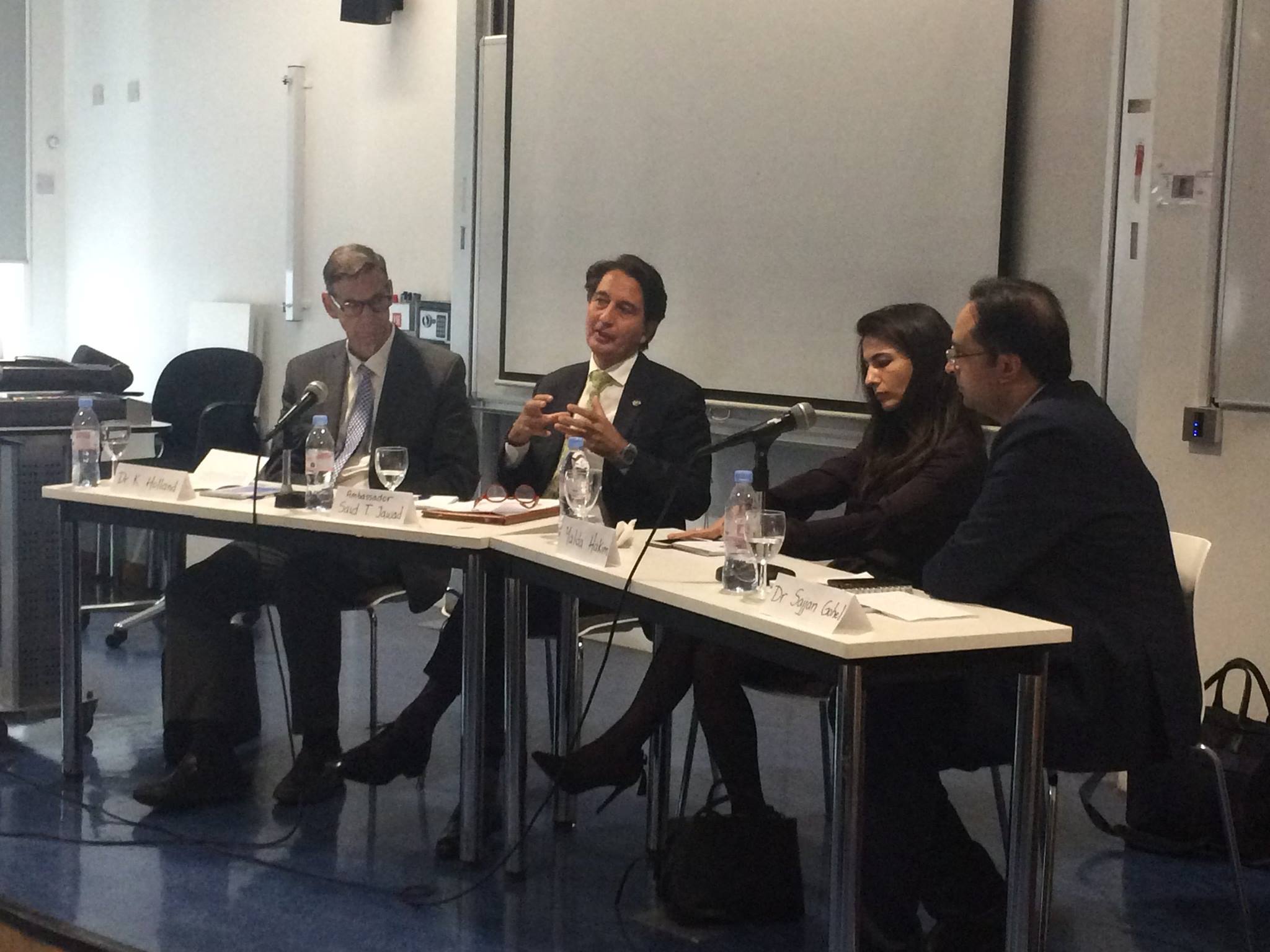In a symposium on Benedict Anderson’s book Imagined Communities, first published in 1983, Dr Elliot Green looks at how relevant Anderson’s notion of ‘print capitalism’ has been to the national identity of Africa and other post-colonial countries.
Benedict Anderson’s Imagined Communities: a symposium.
Nations and Nationalism, Volume 22, Issue 4: October 2016; pp. 625-659.
LSE ID staff member Dr Elliott Green contributes to a symposium on the legacy of the late Benedict Anderson’s famous book, Imagined Communities (1983). This book, one of the most widely cited books in the social sciences, is perhaps most famous for describing nations as ‘imagined communities,’ and ascribing their rise to the role of ‘print capitalism’ with large amounts of evidence drawn from South-East Asia. In particular Anderson argues that printing allowed the creation of a common literate language within a given community and standardized the language so that people in the future could identify with those in their past, thereby leading to the development of modern national identities.
Dr Green focusses on the impact of Anderson’s work for the study of nationalism and national identity in Africa and post-colonial countries more widely. He notes that Anderson’s actual argument about the role of print capitalism has largely been neglected in favour of a focus on the concept of ‘imagined communities,’ and has thus gotten relatively little critical attention. More specifically, if we examine the degree to which printing books and the media more generally contribute to the rise of modern national identities, he finds that there is actually very little evidence supporting Anderson’s argument, at least within Africa.
Other contributors include John Breuilly (LSE), Thomas Hylland Eriksen (University of Oslo), Jonathan Hearn (University of Edinburgh), Joep Leerssen (University of Amsterdam) and John Sidel (LSE).





